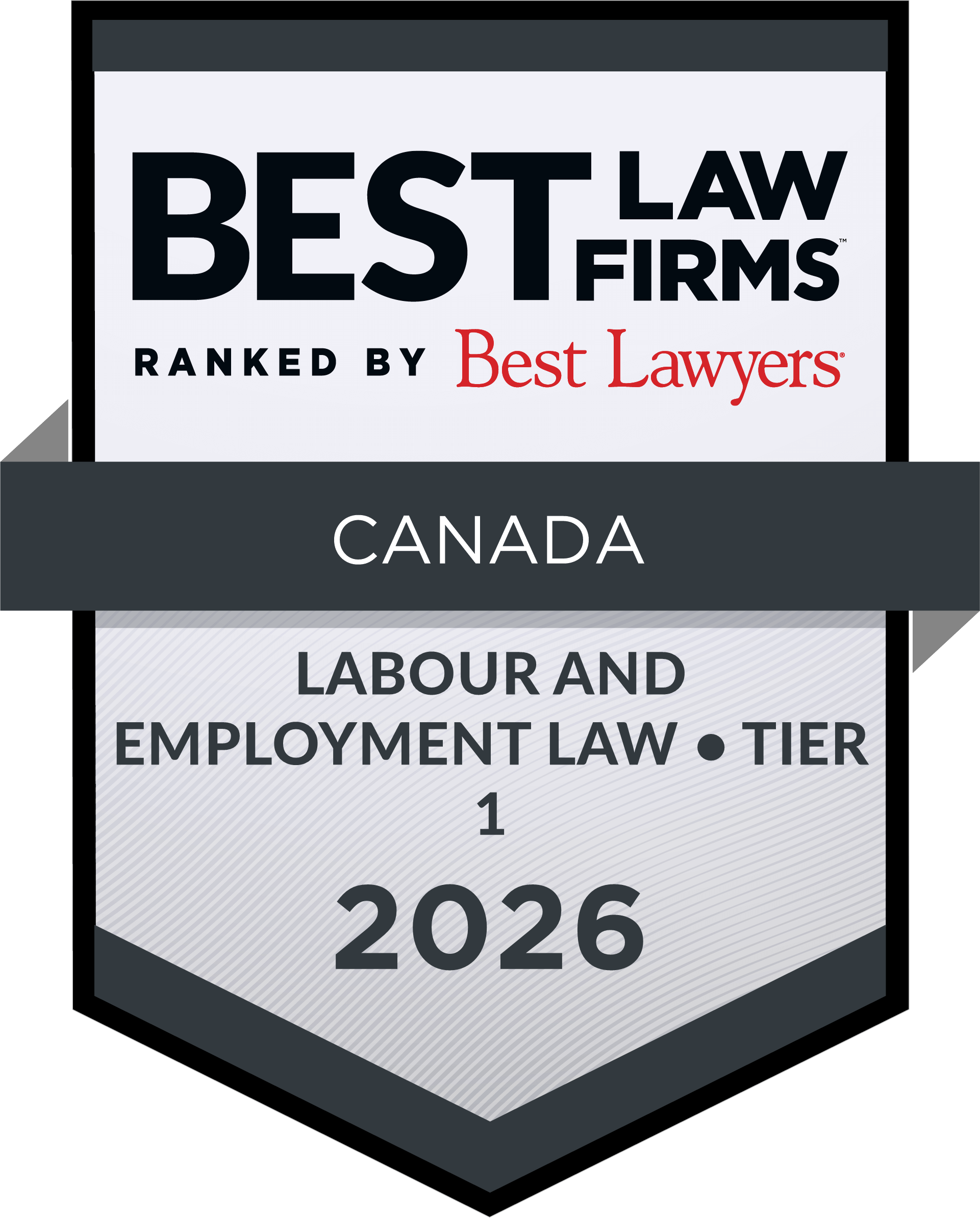The definition of harassment for federally-regulated employers
This is my very first blog post with Rubin Thomlinson LLP, and I’m pleased to add my voice to the posts of my colleagues! I remain in familiar territory with a blog for federally-regulated employers and those conducting investigations in workplaces governed by the Canada Labour Code.




